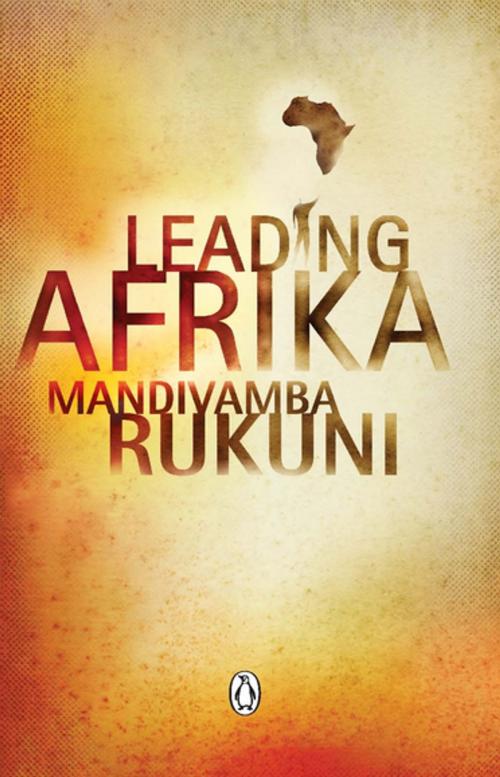Leading Afrika
Business & Finance, Management & Leadership, Leadership, Nonfiction, Health & Well Being, Self Help, Self Improvement, Social & Cultural Studies, Social Science| Author: | Mandivamba Rukuni | ISBN: | 9780143527770 |
| Publisher: | Penguin Random House South Africa | Publication: | September 26, 2012 |
| Imprint: | Penguin | Language: | English |
| Author: | Mandivamba Rukuni |
| ISBN: | 9780143527770 |
| Publisher: | Penguin Random House South Africa |
| Publication: | September 26, 2012 |
| Imprint: | Penguin |
| Language: | English |
Afrika is currently on a path of development that is not sustainable, because we confuse modernisation with Westernisation. This Afrikan-Western paradox prevents us from building a modern, dynamic Afrikan society - and it will take highly visionary and transformational leadership on our part as Afrikans to reinvent ourselves and build a truly modern Afrikan society. What would the world be like if its institutions were based on the values and practices of a traditional African village? In Leading Afrika, Mandivamba Rukuni re-evaluates the concepts underlying traditional African leadership principles and systems, and illustrates how these can form a modern basis for the African Renaissance. By arguing for the inclusive and traditional values expressed in the philosophy and practices of Unhu-Ubuntu-Botho, the author reminds the reader of historic successes in Africa, and illustrates how leaders globally at all levels can draw on traditional African values the better to lead their nations' people, whether at home, in the community, in business or in government.
Afrika is currently on a path of development that is not sustainable, because we confuse modernisation with Westernisation. This Afrikan-Western paradox prevents us from building a modern, dynamic Afrikan society - and it will take highly visionary and transformational leadership on our part as Afrikans to reinvent ourselves and build a truly modern Afrikan society. What would the world be like if its institutions were based on the values and practices of a traditional African village? In Leading Afrika, Mandivamba Rukuni re-evaluates the concepts underlying traditional African leadership principles and systems, and illustrates how these can form a modern basis for the African Renaissance. By arguing for the inclusive and traditional values expressed in the philosophy and practices of Unhu-Ubuntu-Botho, the author reminds the reader of historic successes in Africa, and illustrates how leaders globally at all levels can draw on traditional African values the better to lead their nations' people, whether at home, in the community, in business or in government.















